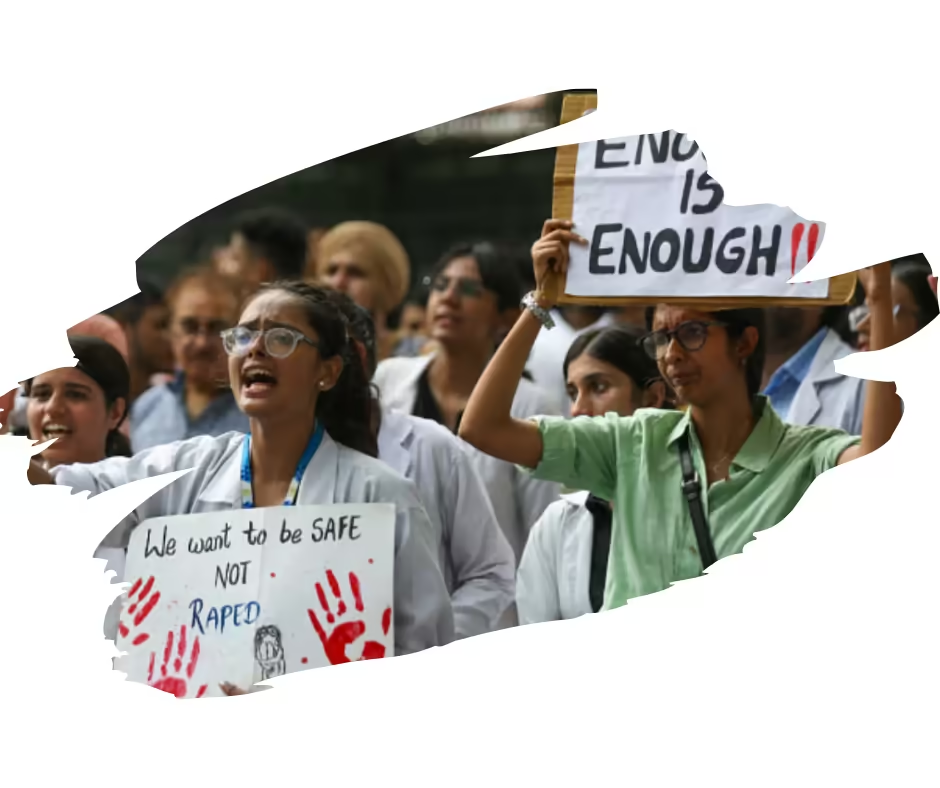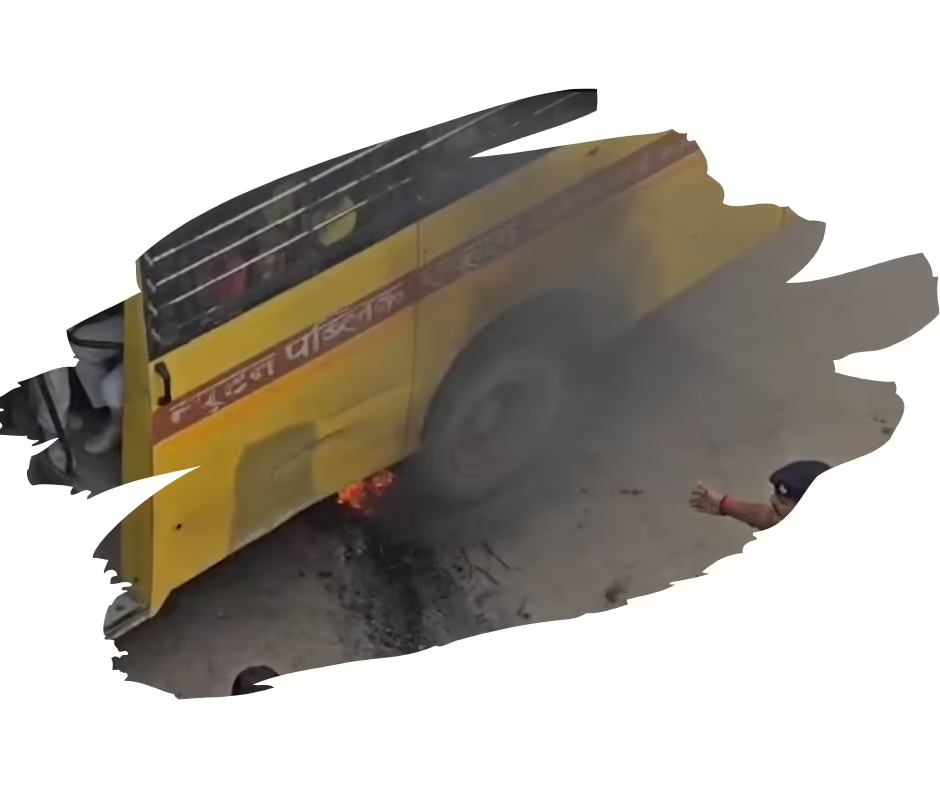PM Modi’s Ukraine Visit and Zelenskyy’s Statement
In a significant diplomatic move, Indian Prime Minister Narendra Modi recently traveled to Ukraine, marking an important moment in global diplomacy. During this visit, Modi held talks with Ukrainian President Volodymyr Zelenskyy, who made a strong statement suggesting that a change in India’s stance towards Russia could potentially end the ongoing conflict between Russia and Ukraine.
Zelenskyy emphasized India’s influence on the global stage, particularly due to its longstanding ties with Russia, and urged India to reconsider its neutral position. This call for reevaluation underscores the crucial role that India could play in resolving the war.
India’s Contribution in Russian Economy
India’s Oil Imports from Russia
India and Russia share a deep and long-standing relationship, marked by decades of collaboration in military, political, and economic sectors. Despite the conflict in Ukraine, India has maintained its economic ties with Russia, especially in the energy sector.
India is a significant importer of Russian oil, which has been vital in sustaining Russia’s economy amidst Western sanctions.
India’s Technology and Military Equipment Imports from Russia
Additionally, India’s defense sector heavily relies on Russian technology and equipment, further solidifying the strategic partnership between the two nations.
Global Perceptions Towards India-Russia Relations
This ongoing collaboration has drawn criticism from Western countries and Ukraine, who view it as undermining efforts to diplomatically and economically isolate Russia. Zelenskyy’s remarks can be seen as a call for India to use its influence to exert pressure on Russia, suggesting that a withdrawal of Indian support might weaken Russia’s position in the conflict.
Topics Discussed in Modi-Zelenskyy Meeting
Possible solutions for Russia-Ukraine Conflict
During the meeting between Prime Minister Modi and President Zelenskyy, several key topics were discussed, focusing on the broader implications of the Russia-Ukraine conflict. The discussions included India’s position on the war, the humanitarian situation in Ukraine, and the potential for diplomatic solutions. Modi expressed his concerns over the ongoing hostilities and reiterated India’s stance that the only viable solutions to the crisis are through negotiation and diplomacy.
The issue of energy security was also a significant topic, given India’s dependence on Russian oil. Modi highlighted the challenges faced by India in balancing its diplomatic obligations with its energy needs. The discussion also touched upon the global economic impact of the war, particularly concerning food and fuel prices, which have been severely affected by the conflict.
Main Focus of the Meeting
The central focus of the meeting was India’s potential for diplomatic intervention and its role in facilitating a peaceful resolution to the war. Zelenskyy urged Modi to use India’s influence to press Russia for a ceasefire and to engage in meaningful negotiations. The discussion emphasized the need for a balanced approach that considers both India’s strategic interests and the urgent need to address the humanitarian crisis in Ukraine.
Modi reaffirmed India’s neutrality while assuring Zelenskyy of India’s dedication to aiding peace initiatives. He reiterated India’s commitment to sovereignty and territorial integrity, signaling a balanced stance that recognizes both India’s complex relationship with Russia and Ukraine‘s right to self-defense.
What “Cease Fire” Refers to in this Article?
In the context of this article, a “ceasefire” refers to a temporary suspension of active hostilities between Russia and Ukraine. A ceasefire agreement aims to create a pause in fighting, allowing for the possibility of peace talks, humanitarian aid delivery, or other forms of conflict resolution.
Ceasefires can be precarious, as they are often fragile and may be violated if underlying issues are not addressed.
In this context, a ceasefire would mean that both sides agree to stop military operations and engage in negotiations to resolve the conflict. The goal is to reduce violence, prevent further casualties, and create a conducive environment for lasting peace talks.
Statements from Zelenskyy, Modi, and S. Jaishankar
During the meeting, Zelenskyy expressed his appreciation for India’s humanitarian assistance to Ukraine but reiterated his call for a stronger stance against Russian aggression.
He highlighted the potential impact of India’s diplomatic influence in ending the war, urging Modi to consider the broader global implications of the conflict.
Prime Minister Modi emphasized India’s consistent position that negotiation is the only way forward. He expressed concern over the humanitarian crisis and assured Zelenskyy of India’s support in finding a peaceful solution.
Modi’s statement reflected a delicate balancing act, where India seeks to maintain its strategic autonomy while also contributing to global peace efforts.
External Affairs Minister S. Jaishankar, who was also present at the meeting, reinforced India’s position of neutrality, emphasizing that India’s foreign policy is driven by its national interests. However, Jaishankar acknowledged the importance of addressing the humanitarian aspects of the conflict and assured that India would continue to provide aid to Ukraine.
Details in the Articles are collected from trusted Sources you can visit The Hindu for more details.
Wanna Explore More Articles?

Kolkata Rape and Murder Case
Kolkata Rape and Murder Case and India’s rank in Women Safety Index has raised Women Safety Concerns.
Bharat Bandh Protestors set fire to a school bus
During the Bharat Bandh, protesters set fire to a school bus in Gopalganj, Bihar, putting children’s lives at risk.

Not Satisfied with these?
Visit the Category Page and Select the category you want.
The Page “Reading Zone” is the property of Paraworld.in, any activity against our Privacy Policy will be punishable.
